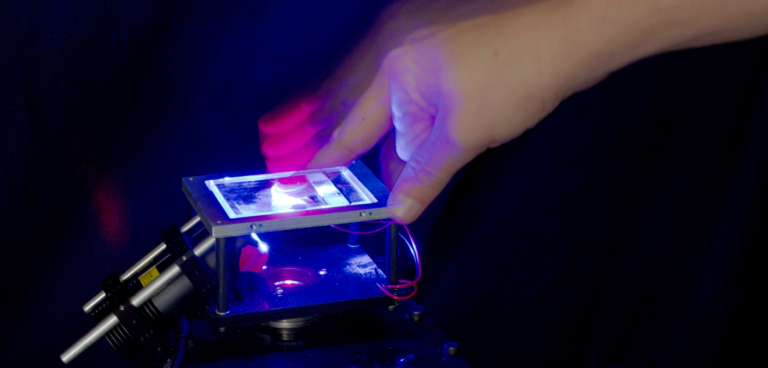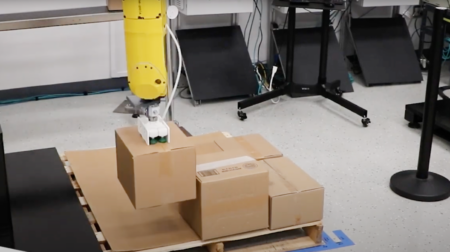Researchers from the Delft University of Technology, Netherlands, have studied the way humans instantly estimate the smoothness of a surface and adjust their grip to improve robotic prostheses and grippers.
“People are remarkably good at handling all kinds of objects with great precision, no matter how fragile, heavy or slippery they area,” said researcher and first author Laurence Willemet. “We can easily pick up a glass of water, whether it’s empty, full, dry or wet.”
Alongside Michaël Wiertlewski from Delft University of Technology and colleagues from Neuroscience Research Australia and UNSW Sydney, Willemet has developed a friction modulation device to enable them to study the effects of the frictional properties of objects on people during first contact.
Researchers asked participants to actively press on a glass plate and estimate its frictional resistance. The frictional resistance of the plate against the skin was regulated by ultrasonic lubrication, so that the environmental conditions remained unchanged.
These experiments allowed the scientists to make a connection between skin deformation and how well the participant could perceive friction. “We show that there is a radial stretching of the skin of the fingertip in the perception of smoothness during first contact” explained Willemet.
She added these findings could help improve haptic human-machine interaction and could be used in the design of advanced tactile sensors for robotics or prosthetics.








